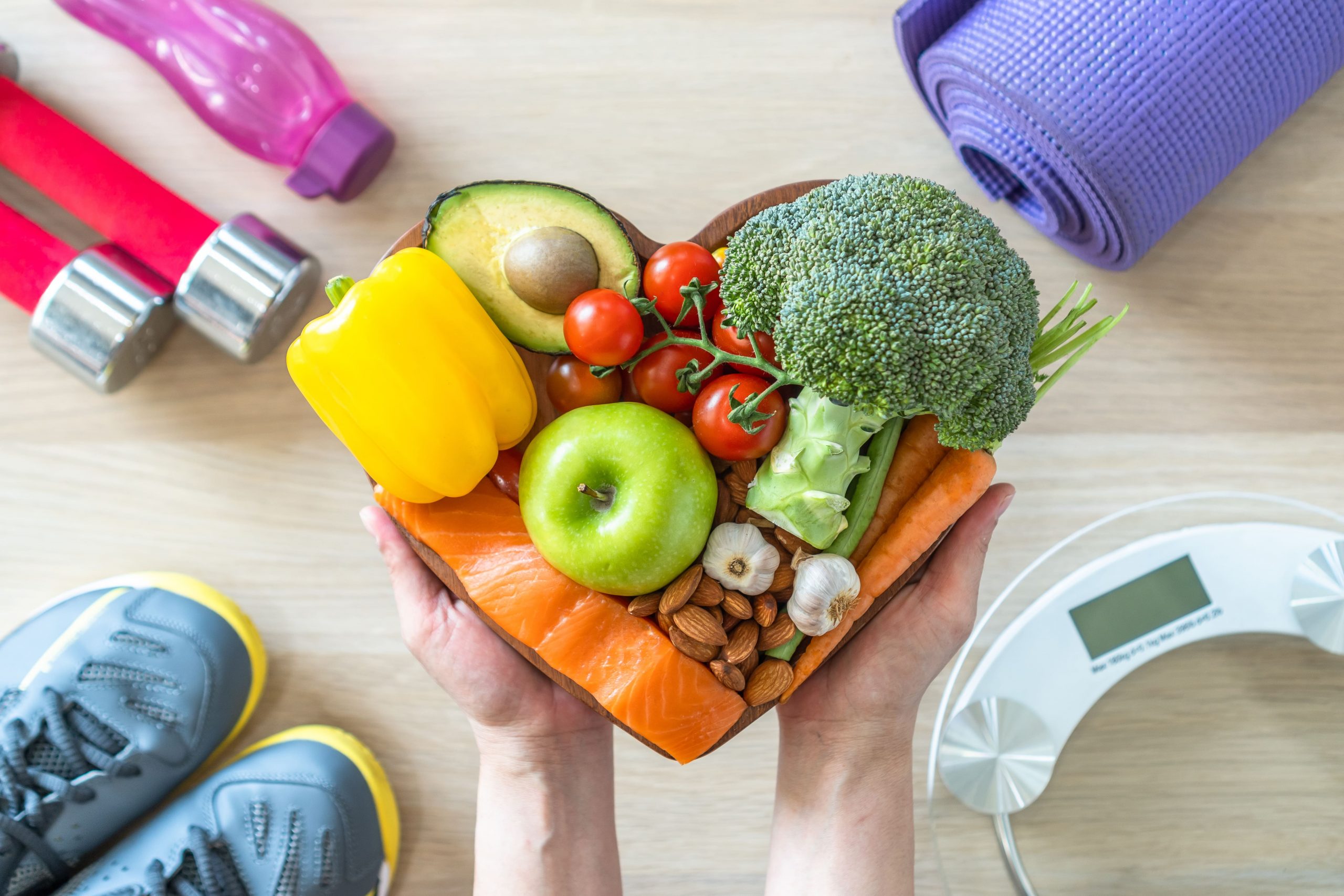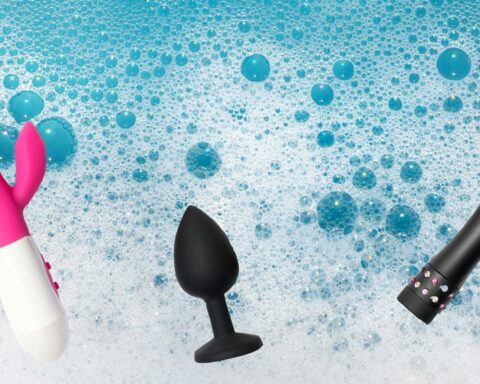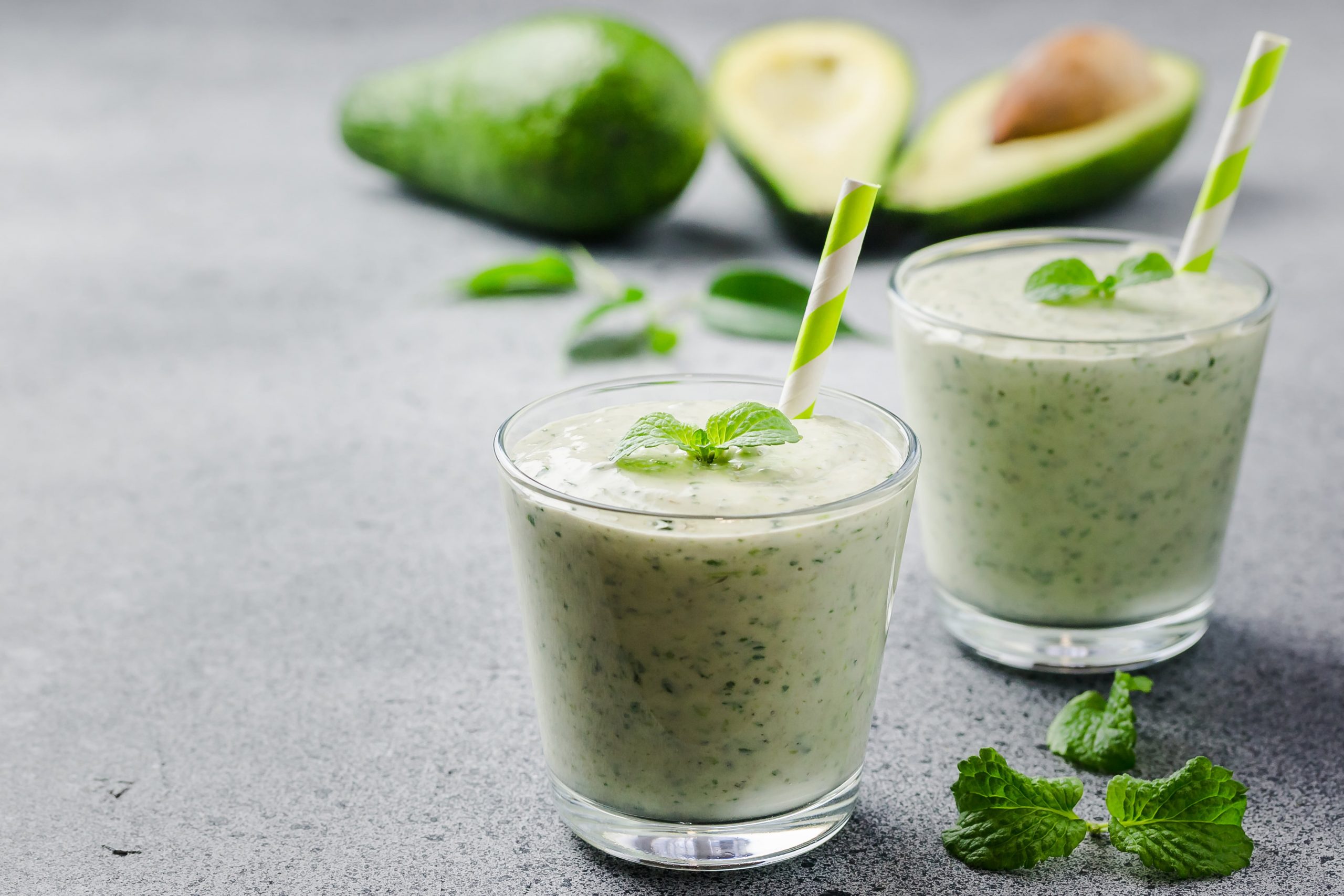The Keto diet is gaining popularity in the world due to its health benefits. Use of either dirty or clean keto can be of benefit to your body. The keto diet, also known as the ketogenic diet, is a low-carb, high-fat diet. It aims to reduce the intake of carbs to maintain healthy body weight and manage some lifestyle diseases such as diabetes. A low intake of carbs makes the body rely on fats as the main source of energy. The high burning of fats initiates a process known as ketosis. Both stored fat and those you take in daily on the keto diet become the main energy source for the body. The Keto diet consists of clean and dirty keto. This blog shall explain what clean and dirty keto diets are and highlight the key differences.
Clean keto
A clean keto diet emphasizes quality food. It recommends taking fewer carbs from whole, unprocessed foods and a high intake of fats and proteins hence the name clean keto. Some of the sources of whole foods are non-starchy vegetables, seafood, whole-grain foods, beef from grass-fed cows, and healthy oils such as olive oil. It requires discipline to follow it strictly due to some of the restrictions imposed on users. Some people perceive it as expensive as one has to prepare veggies and quality proteins.
Foods recommended on clean keto.
Foods recommended on a clean keto diet have a high satiety ability that satisfies one throughout the day. It makes you minimize the quantity of food and cravings for snacks. Some of these foods are:
- Non-starchy vegetables such as broccoli, cabbage, kale, spinach, and pepper.
- Proteins: beef, eggs, chicken, seafood such as salmon, shellfish, and tuna.
- Foods rich in fats: avocados, butter, ghee, coconut, and olive oil.
- Drinks: water, milk, protein shakes, sparkling water, green and black tea, fruit juices, and vegetable juices.
- Berries such as blackberries and strawberries.
Benefits of clean keto
- It aids in losing weight due to low carb intake.
- It improves users’ immunity and general health due to rich foods such as fruits, vegetables, and healthy fats.
- Detoxifies the body since there is no eating of unhealthy foods. More intake of protein shakes, fruits and vegetables facilitates the detoxification process.
- Improving gut health due to a high intake of fiber.
- Helps to manage some lifestyle disease such as diabetes and high blood pressure due to low intake of sugars and sodium.
Dirty keto
It is also known as the lazy keto. Dirty keto is also a diet that is low in carbs and high in fats and proteins. However, on dirty keto, its food sources as not as nutritious as those in clean keto. It allows processed foods such as chips and sausages. These foods put those who use them at risk of developing diseases such as diabetes and blood pressure. Most of the people who use this keto live busy lives yet are determined to achieve ketosis. Most of the meals in dirty keto are high in dissolved sodium, such as sausages and bacon. The high sodium makes this food unfriendly for people living with blood pressure. It may also put them at risk of developing heart disease.
Processed foods mostly contain added sugars which may interfere with losing weight. They are also low in nutrients compared to unprocessed foods. During processing, some additives are added to these foods. Some of the additives are not healthy, and they increase the chances of developing lifestyle diseases such as diabetes, obesity, and high blood pressure. Dirty keto foods lack crucial micronutrients and compounds such as calcium, vitamins, zinc, antioxidants, and magnesium. Some people who rely on dirty keto seek some of these nutrients from supplements.
However, this may not meet their need since nutrients from supplements are not easily digested and utilized as those from whole foods. Most of these processed foods contain a lot of fats. These fats are not healthy as they increase the chances of developing obesity and heart attack. Lazy keto puts many restrictions on foods rich in essential nutrients as all carbs foods are prohibited. These foods include:
- Dairy products such as yogurt and milk.
- Starchy vegetables such as sweet potatoes and peas.
- Starchy fruits such as bananas and apples.
- All types of beans.
- Foods that are sugary such as cookies, cakes, bread, and biscuits.
- Sugary drinks, including fruit juices and sodas.
Some of the above foods are rich in nutrients that are required in the body. Such restrictions deny the dirty keto users access to them.
Key differences between clean and dirty keto
- Clean keto focuses on quality unprocessed food, while dirty keto focuses on low-carb food without much attention to the quality. Dirty keto allows its users to indulge in low-carb processed food. On the other hand, clean keto emphasizes eating nonstarch vegetables such as kale and spinach. Unfortunately, dirty keto does not include an emphasis on vegetables.
- Foods in dirty keto are high in sodium, while those in clean keto are not.
- The clean keto diet exposes its users to many nutrients from whole foods. In contrast, dirty keto users lack such nutrients unless they seek them from supplements.
Benefits of dirty keto.
- Aids in losing weight as daily intake of calories is reduced.
- Convenient for people with busy lives as they lack time to prepare healthy meals.
- It has fewer restrictions hence favoring those who have a problem in sticking to diets.
The bottom line
Both clean and dirty keto can help you achieve ketosis as they both limit carb intake making the body rely on fats and protein for energy. However, dirty keto might not be the best. It gives room for processed foods that are unhealthy. They increase the chances of getting lifestyle diseases. Clean keto focuses on whole, nutritious foods. Try to avoid the dirty keto as much as you can. For you to achieve ketosis, you should eat no more than 50 grams of carbs per day.
Credits
We would like to thank the below contributors who have helped us to write this article:
Angel playground equipment Co.,Ltd
- Chickpeas vs. Garbanzo Beans: What’s the Difference? - April 19, 2024
- How to Manage or Improve Anxiety - September 21, 2023
- The birth of a company - July 29, 2023









